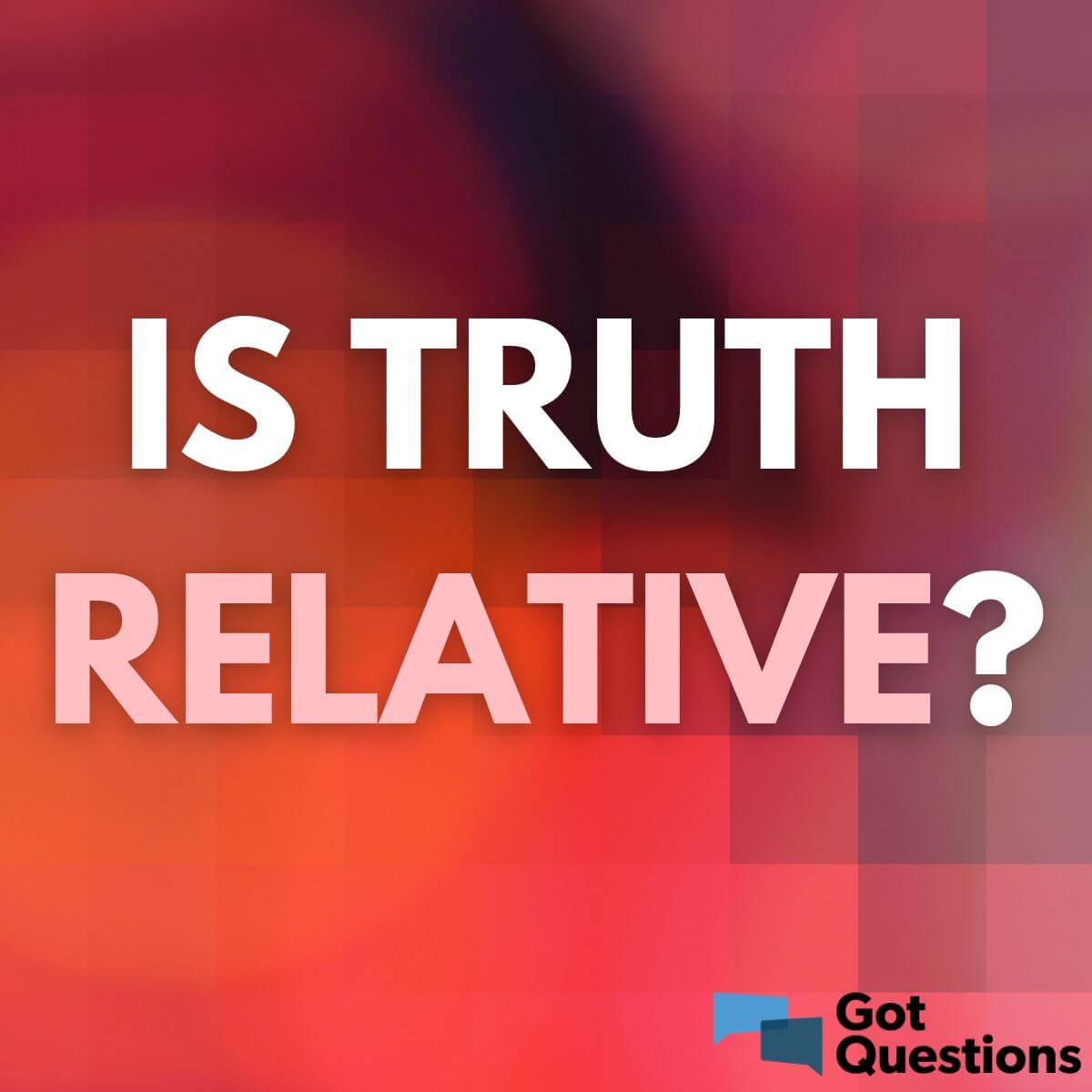The enduring narrative of Victor Hugo’s *Les Misérables* serves as a compelling canvas against which the Bahá’í teachings on truth can be examined. The intricacies of this literary masterpiece compel us to consider profound inquiries about the nature of truth—particularly, whether it is indeed relative, as some would argue. Yet, while the initial question may tantalize the intellect, it simultaneously presents us with a spectrum of philosophical challenges that must be navigated with diligence. In this exploration, we probe the intersection of Hugo’s narrative arc and Bahá’í principles, particularly the idea that “all truth is relative.”
One might venture to ask: Is truth merely a construct shaped by societal norms and subjective experiences? Would this imply that moral obligations and ethical standards can shift as readily as the winds of public opinion? Hugo’s characters grapple with such existential dilemmas throughout their tumultuous journeys, illustrating the poignant struggle between individual conscience and societal expectations. Bahá’í teachings, which promote unity and the pursuit of truth, suggest that while subjective perceptions of truth exist, there remains an absolute truth that transcends human interpretation. This paradox invites a deeper investigation into how we discern and embody truth in a world rife with conflicting perspectives.
Hugo’s protagonist, Jean Valjean, exemplifies this struggle. Reformed from a life of crime, his transformation raises questions about redemption and morality. Valjean’s choices are influenced both by his past and the societal structures around him, emphasizing the relativity of truth in different contexts. However, his unwavering commitment to love and justice can also be viewed through the lens of Bahá’í principles, which illuminate a pathway toward an absolute moral truth. The teachings advocate for an understanding of truth that is neither strictly subjective nor entirely objective, but one that strives for harmony with the divine and universal principles of justice.
The complexities of Javert, Valjean’s relentless pursuer, juxtapose Valjean’s values. Javert’s rigid adherence to the law showcases how an inflexible interpretation of truth can lead to moral downfall. His character serves as a cautionary tale, reminding us that while laws and societal dictates may wield authoritative power, they often lack the compassion requisite for true justice. In the Bahá’í framework, the fallibility of human interpretations of truth calls for a reliance on divine guidance and the collective wisdom of mankind, suggesting that absolute truth may be found in unity, love, and the well-being of humanity.
Moreover, *Les Misérables* articulates a rich tapestry of human experience—each character’s journey revealing divergent views on morality and truth. Fantine’s anguish serves as a striking reminder of the societal forces that dictate one’s worth and the often harrowing consequences of moral judgments steeped in relative truths. The Bahá’í faith encourages individuals to rise above societal constructs to seek higher truths rooted in the oneness of humankind. Thus, the teachings resonate deeply with Fantine’s plight, as they advocate for the incorporation of compassion and understanding in our moral frameworks.
Delving further, the idea of truth reveals itself as an evolving entity. In the epilogue of *Les Misérables*, the transformative power of love, forgiveness, and redemption ultimately asserts itself as the paramount truth. This notion stands in stark contrast to the often superficial interpretations of truth founded solely on circumstance or societal approval. The Bahá’í teachings embrace this dynamic nature of truth, suggesting that while subjective perspectives may vary, the fundamentals of love, justice, and unity provide an unwavering foundation upon which collective understanding can grow.
Yet, one must consider the potential critique of the statement “all truth is relative.” To dismiss the possibility of universal truths can lead to nihilism, where moral ambiguity reigns and ethical conundrums remain unsolved. Therefore, the Bahá’í perspective does not espouse relational relativism in a way that invalidates foundational principles but rather encourages a synthesis of perspectives that brings humanity closer to an understanding of the divine truth. The interplay of individual and collective experiences encourages a richer understanding that encompasses both subjective experiences and absolute truths.
Furthermore, the moral dilemmas faced by Hugo’s characters encourage us to engage in critical examination. How do we, as individuals and members of collectives, strive to embody truths that uphold justice, equity, and compassion? The Bahá’í teaching espouses that the quest for truth cannot be complacent; it must involve active participation in the betterment of society and an unwavering commitment to human dignity. The path to truth is laden with obstacles, yet through earnest inquiry, we unveil the layers of meaning interwoven in our interactions with one another.
In conclusion, *Les Misérables* demonstrates the multifaceted dimensions of truth, aptly illustrating the tension between relative perspectives and the quest for absolute values. Through the lens of Bahá’í teachings, we are invited to reflect on our personal convictions and the societal influences that shape them, fostering an environment where truth is pursued collectively. Thus, the challenge posed at the outset resonates throughout—how do we navigate this landscape of truth with grace, compassion, and integrity? In answering this, we may find ourselves stepping closer to an understanding that reflects the divine essence inherent in all beings.
